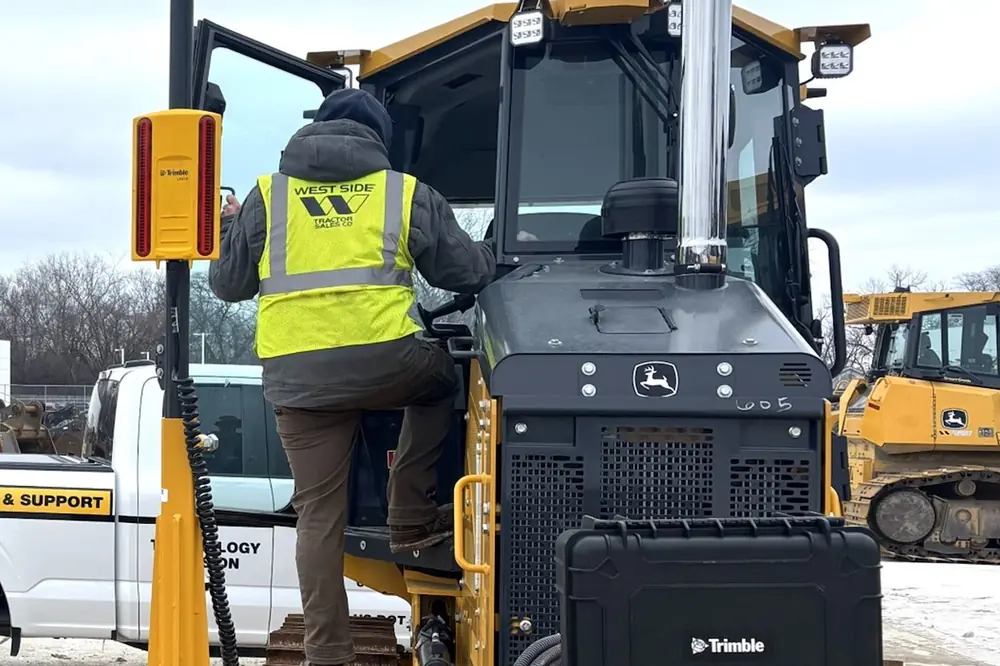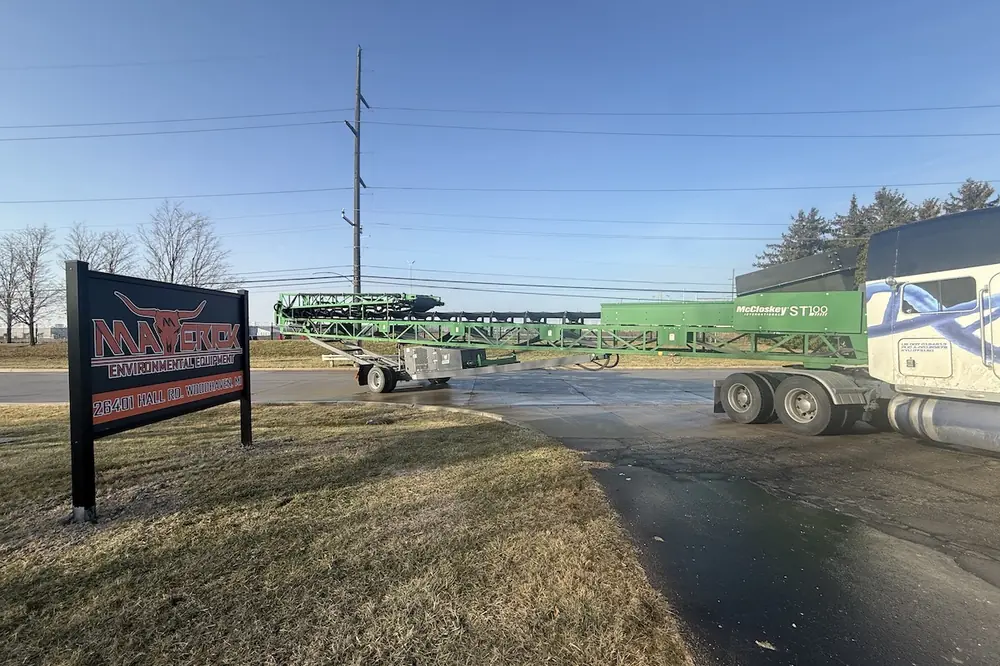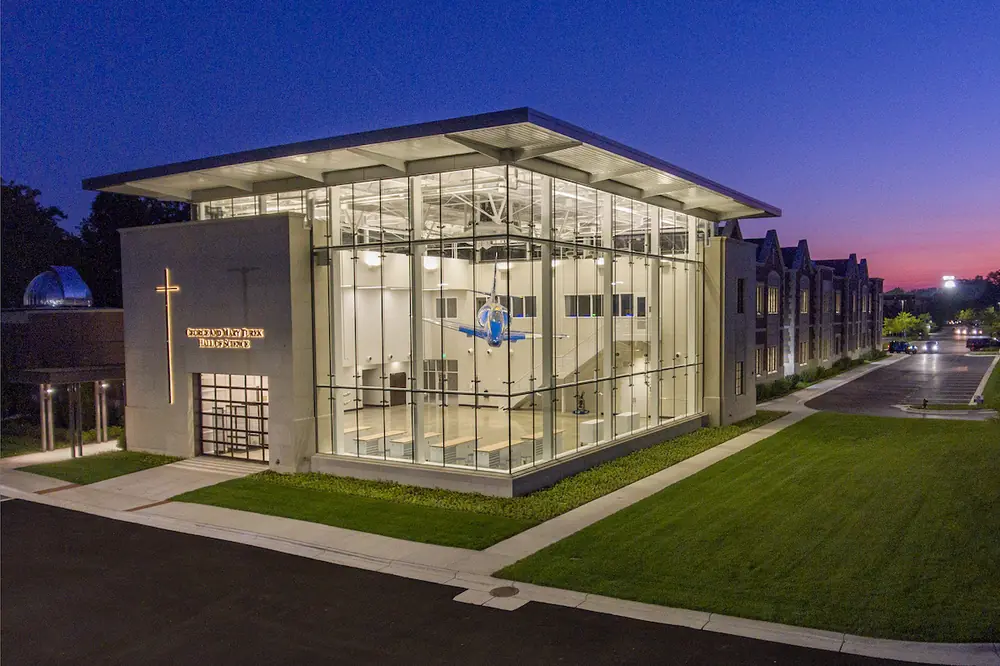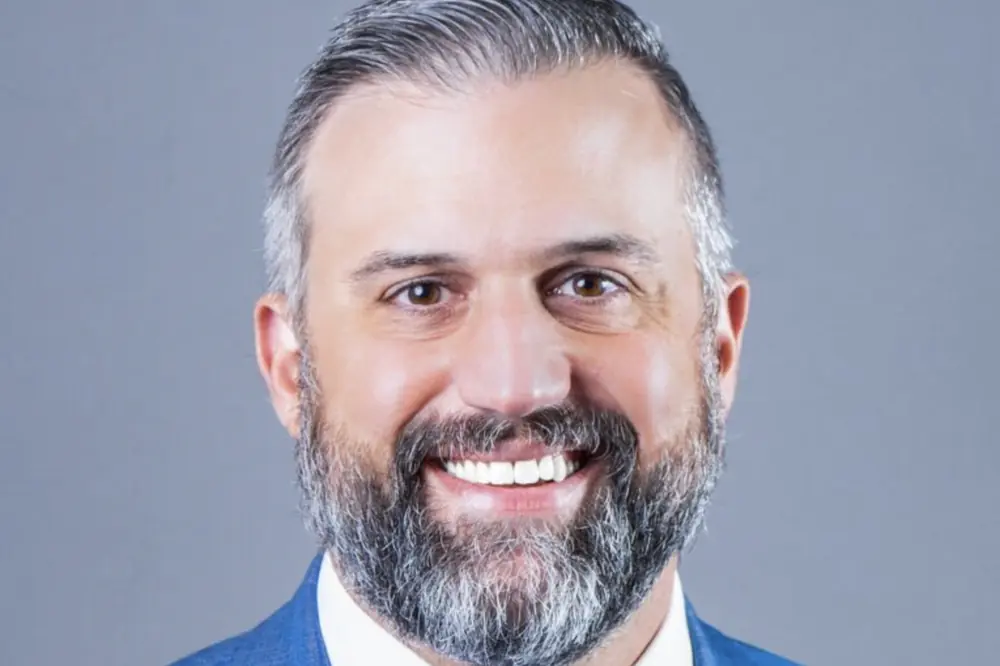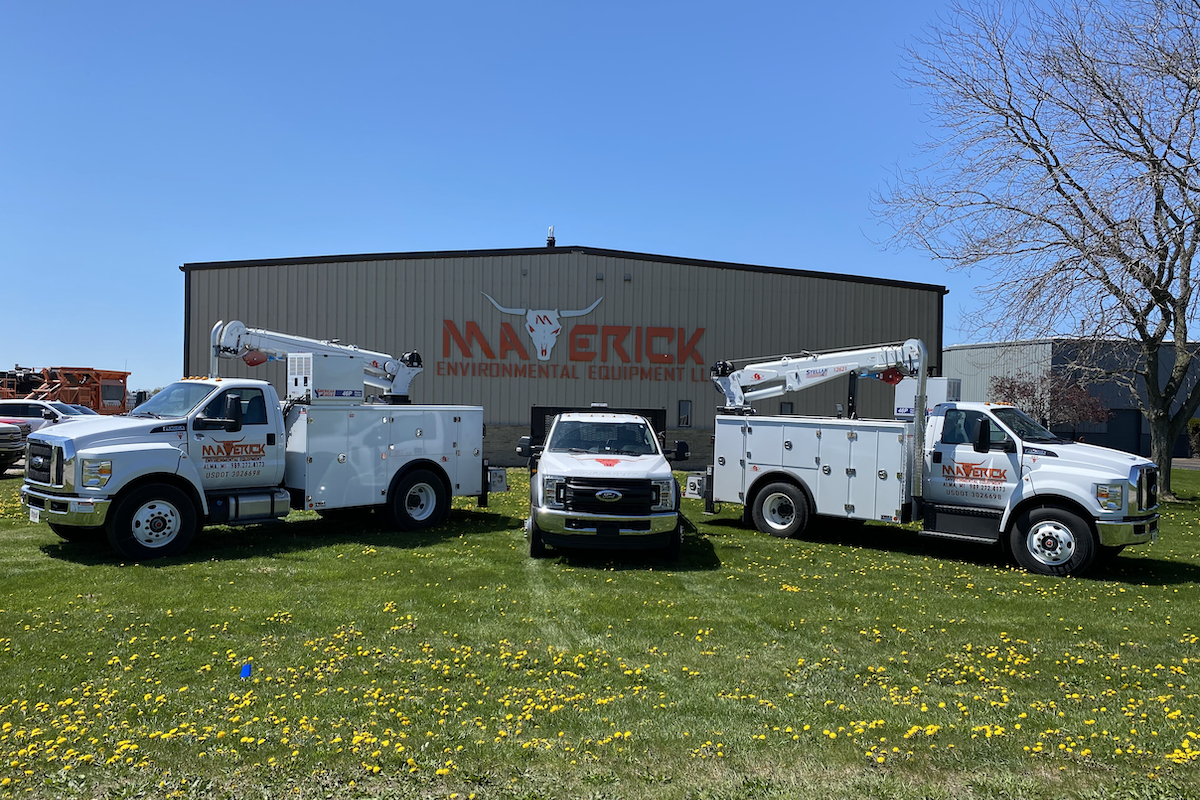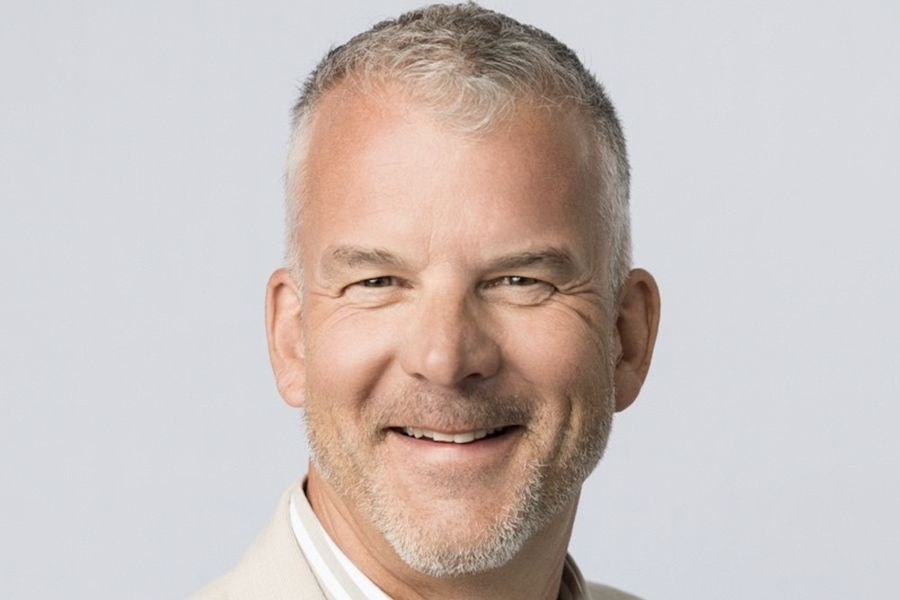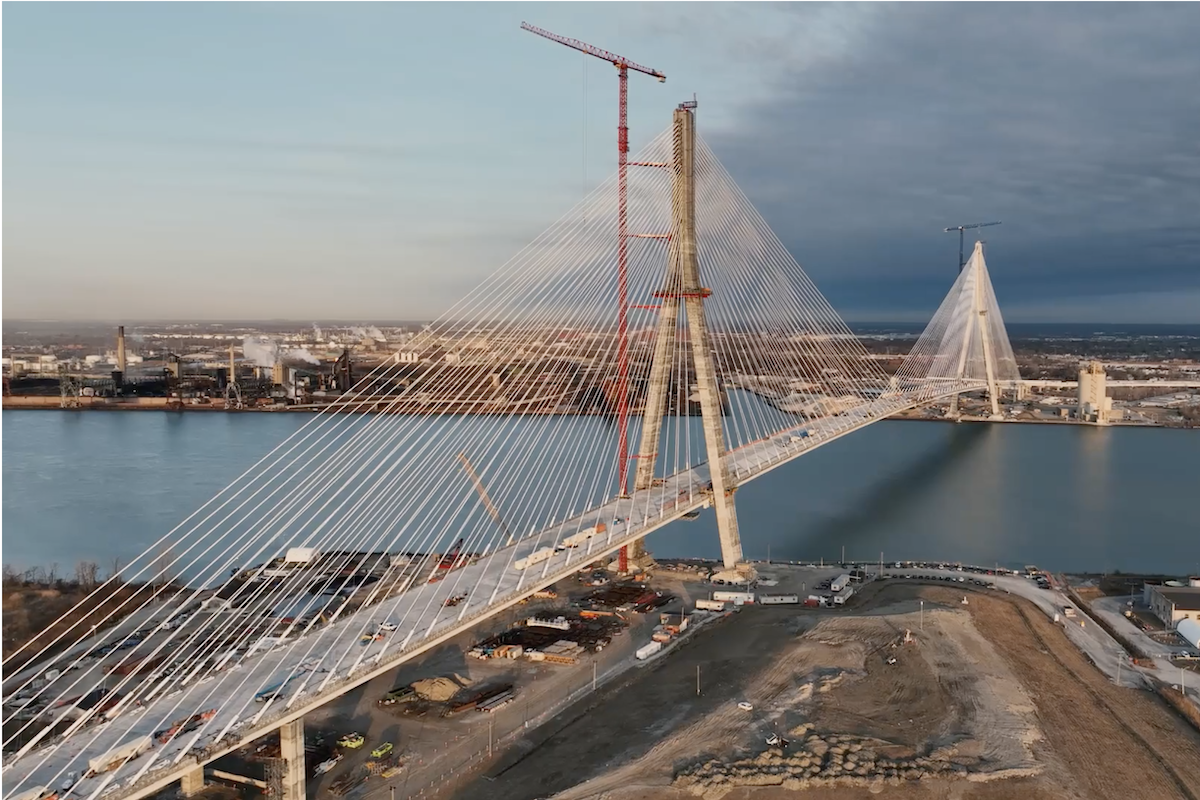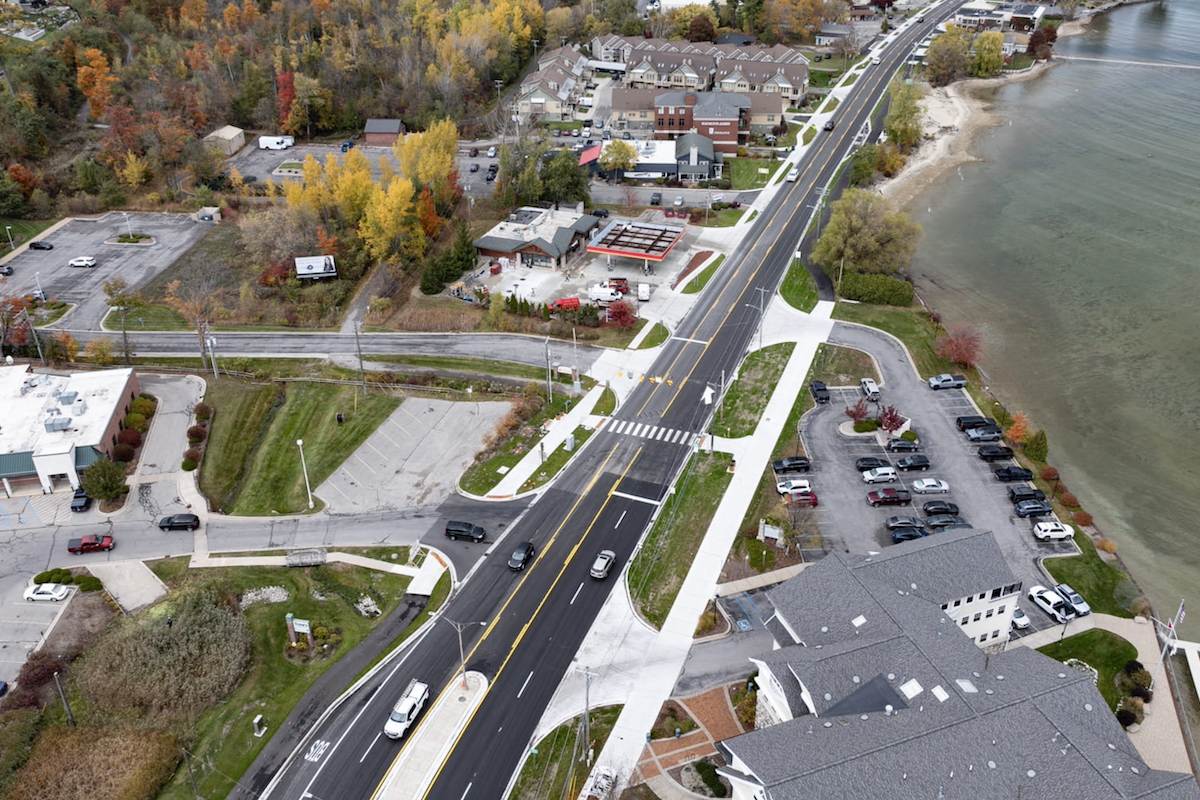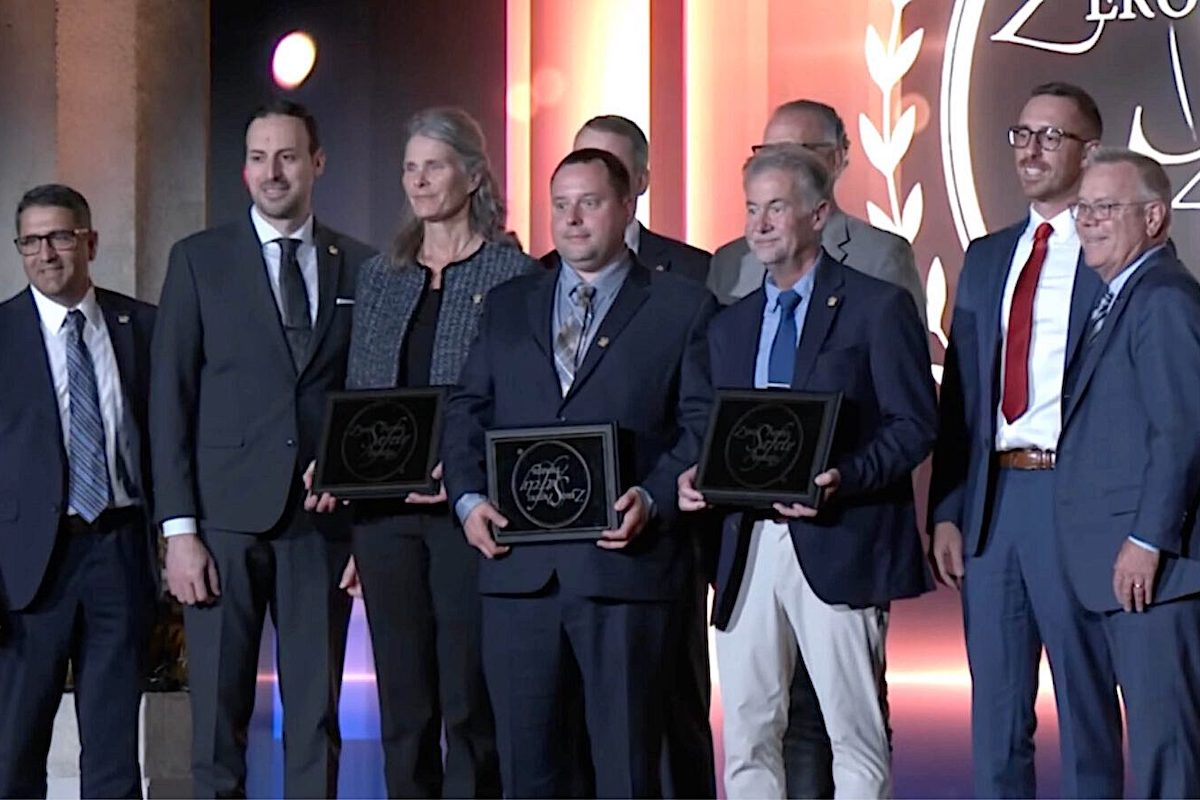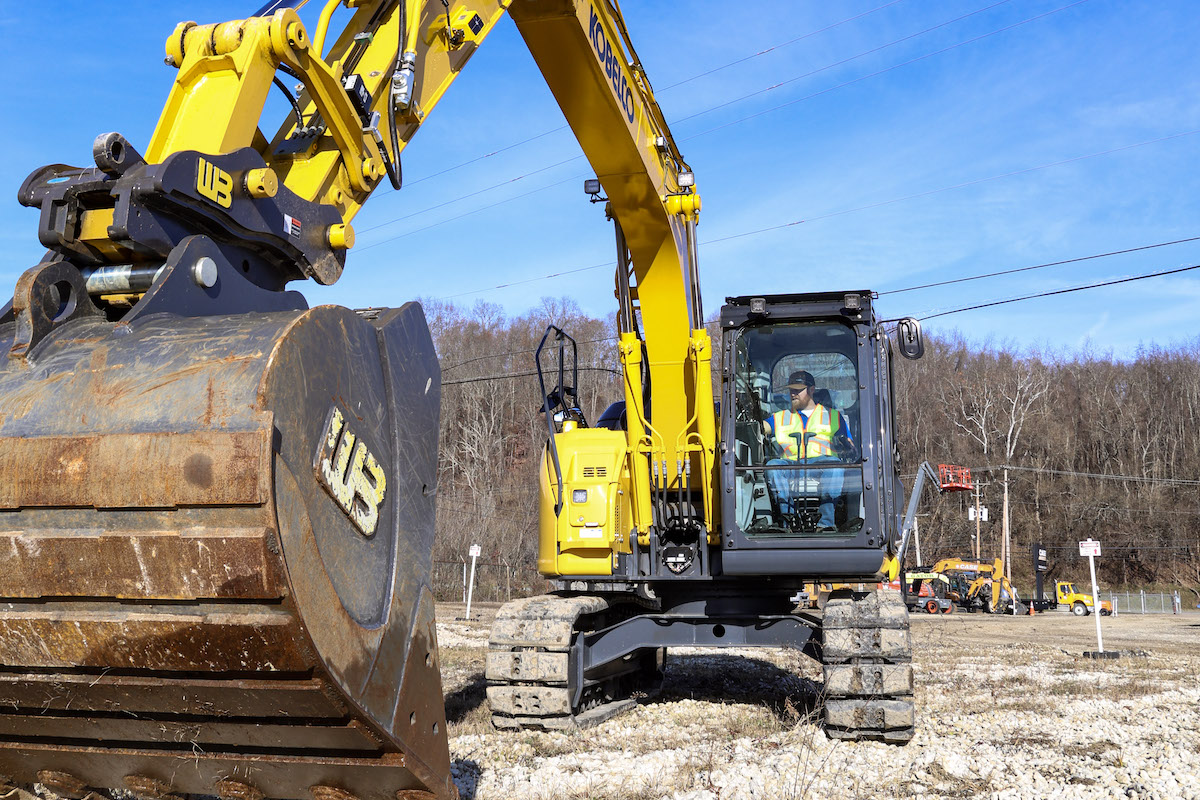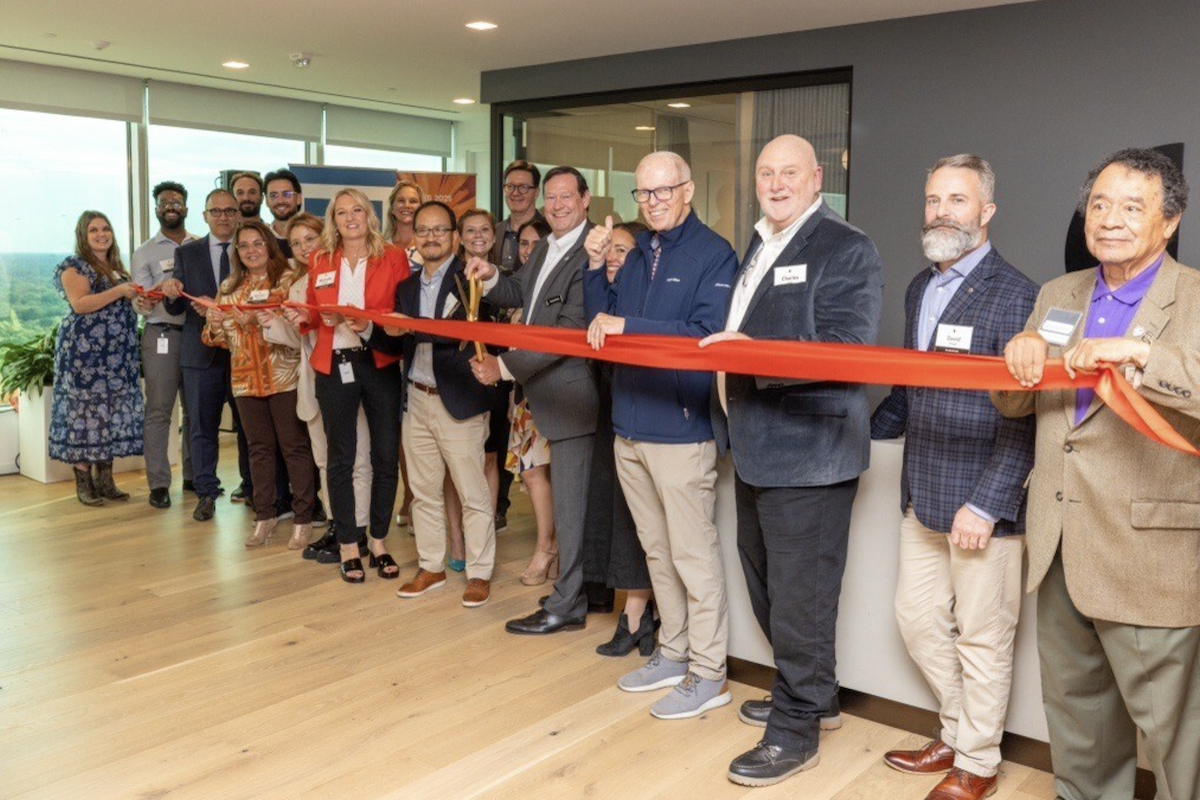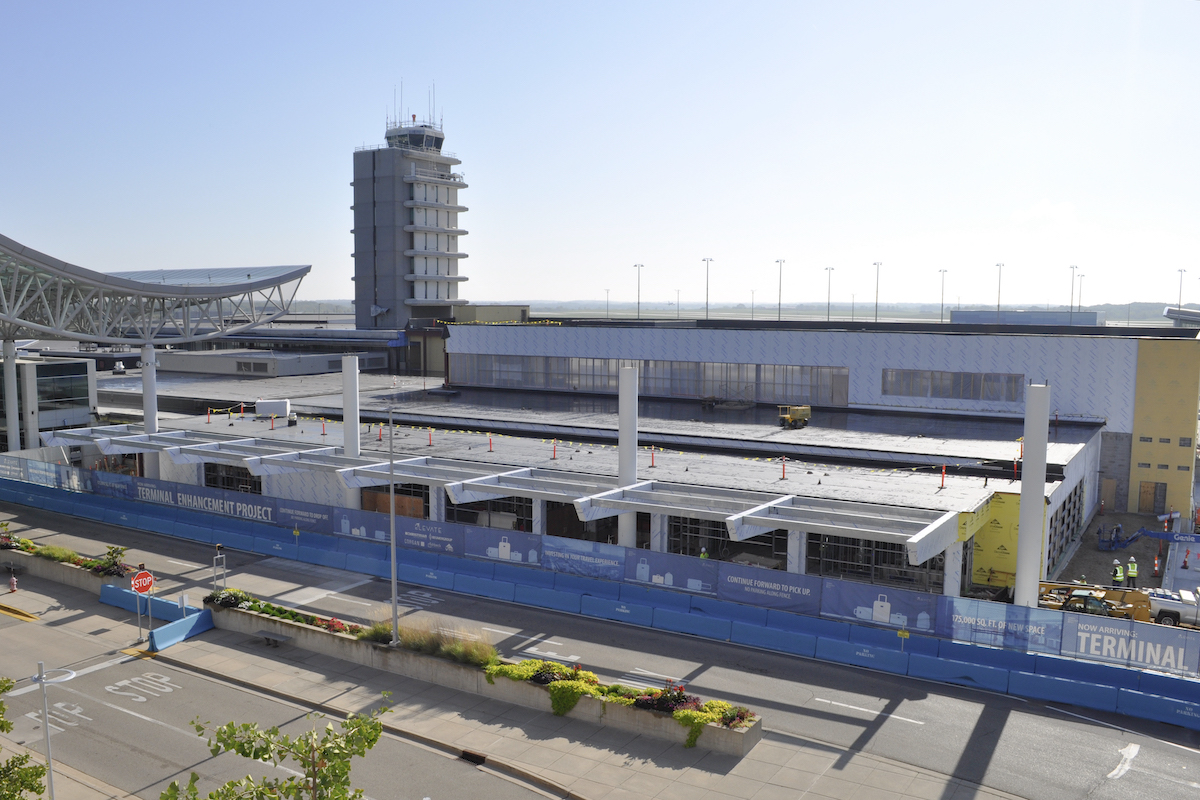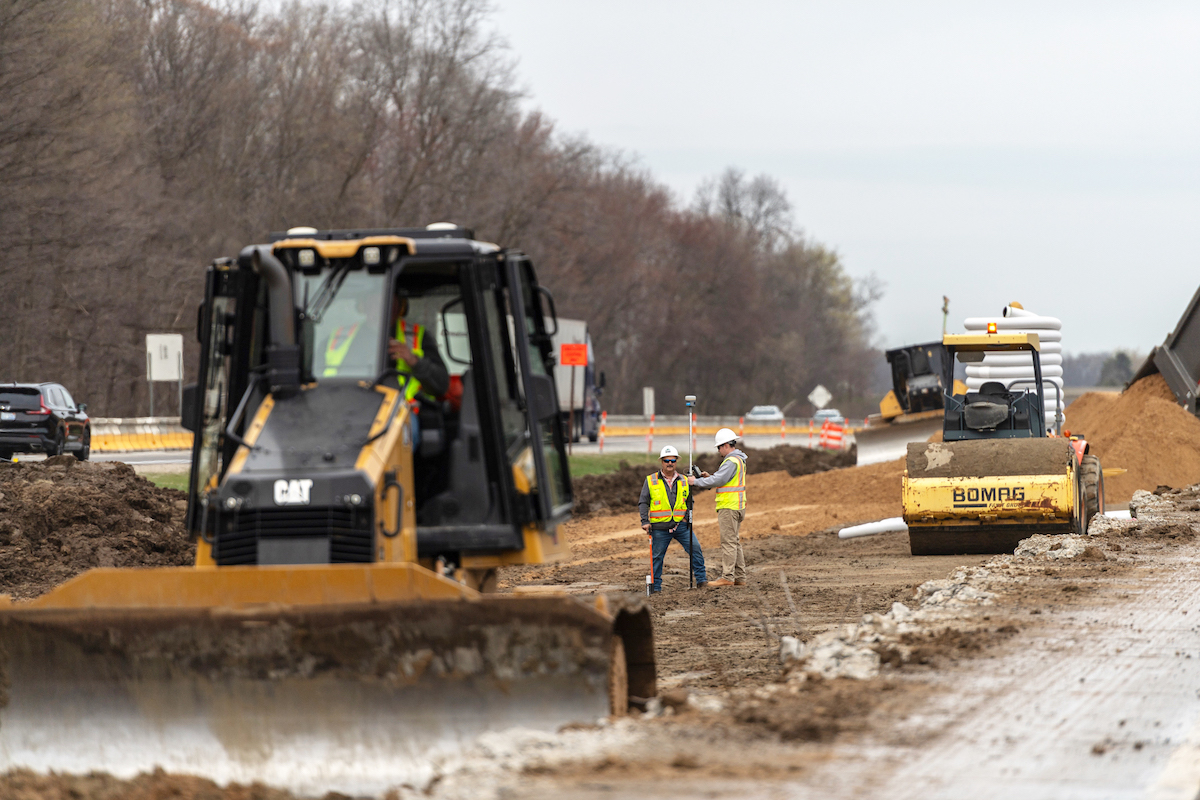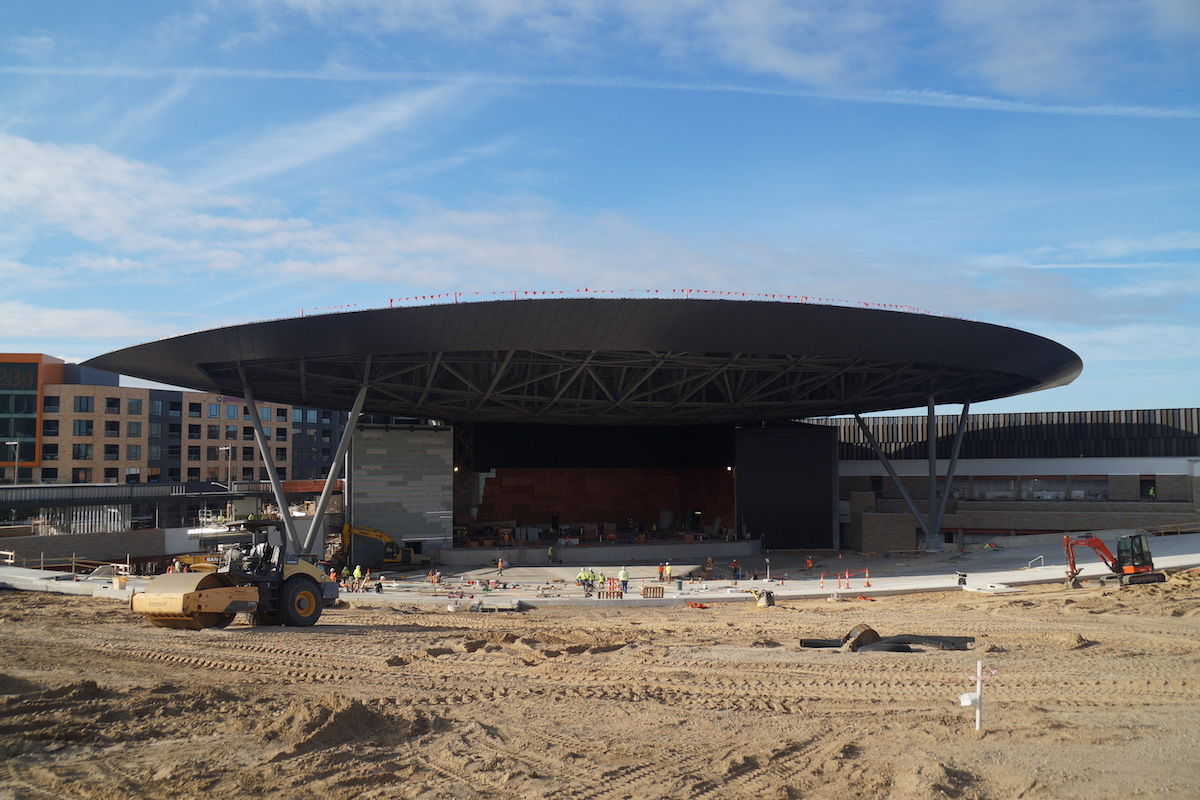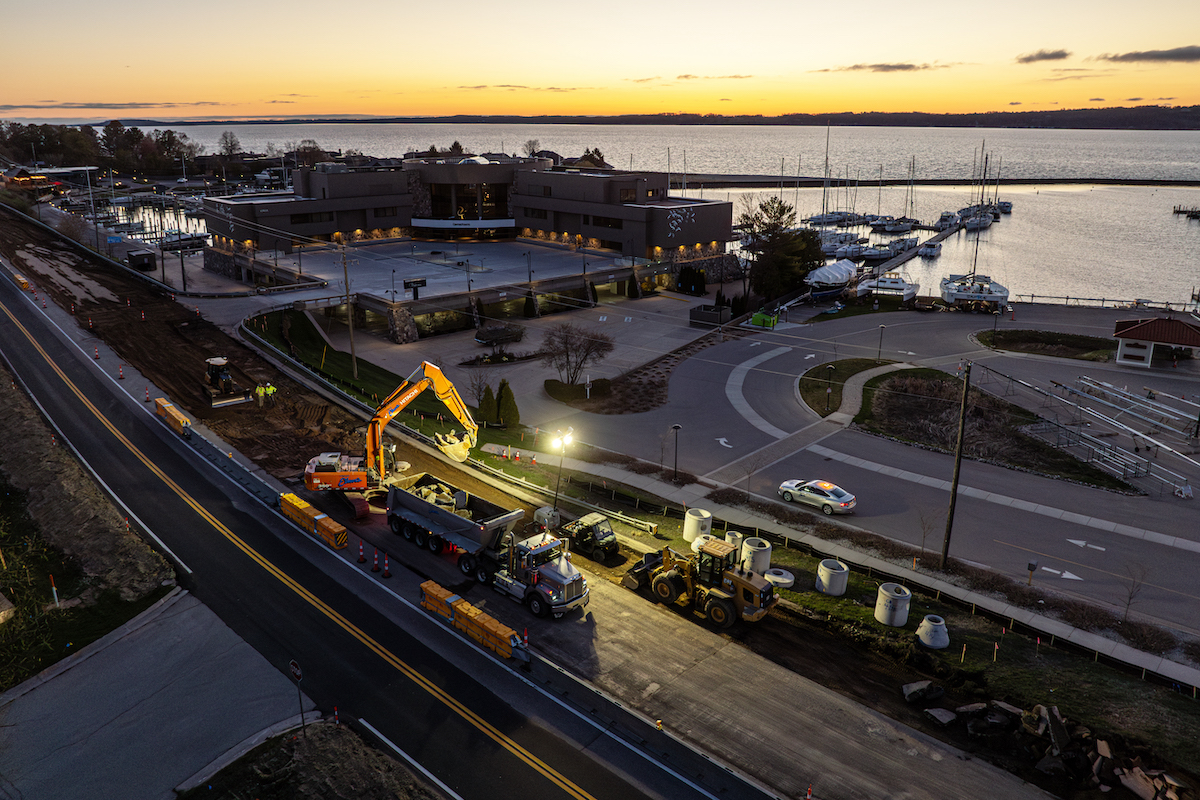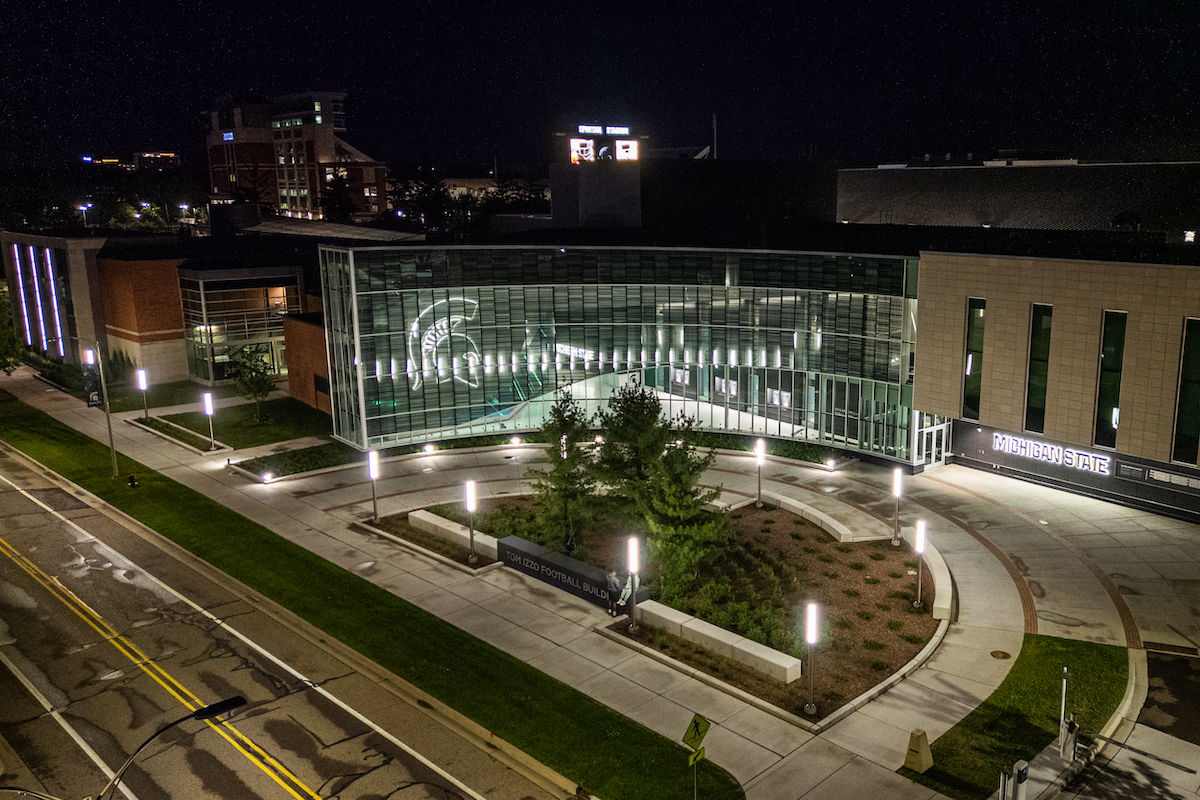“There’s nothing more Pure Michigan than accidentally driving into Canada, and now that journey will be electric on either side of the border,” Whitmer said. “I am proud that we are working together to build up electric vehicle charging infrastructure. With the resources headed our way from President Biden’s Bipartisan Infrastructure Law and the bold investments Michigan automakers are making right here in Michigan, we will build and lead the future of mobility.”
"The U.S. and Canada have long enjoyed a productive partnership on transportation issues, and in that spirit we are proud to announce the first-ever U.S.-Canada EV Corridor,” Buttigieg said. “With historic investments in EV infrastructure from the Biden-Harris Administration and the Canadian government, we are creating a new generation of good-paying manufacturing jobs, making it possible for drivers everywhere to reap the benefits and savings of these vehicles while helping us fight climate change.”
“Canada and the United States have built the world's largest market-based energy trading relationship, which provides a firm foundation as we strive to reach net-zero greenhouse gas emissions,” Algbhabra said. “This first cross-border alternative fuel corridor will help drivers to travel across the border and charge or refuel worry-free. It contributes to bringing us another step closer to making our air cleaner while helping people save money on traditional fuels.”
“Today's announcement of the first U.S. Binational EV Corridor is a huge step into the future of zero-emissions transportation and commerce,” Duggan said. “This corridor will carry the flow of EV traffic, trade, and manufacturing between the United States and Canada, through the Detroit's international crossing with Windsor. We owe our thanks to Secretary Buttigieg for his vision and President Biden for making this advancement possible through the Bipartisan Infrastructure Law."

| Your local Trimble Construction Division dealer |
|---|
| SITECH Michigan |
The announcement builds on Biden’s March visit to Canada, where he and Prime Minister Justin Trudeau committed to work together to harmonize electric vehicle charging standards and develop cross-border alternative fuel corridors between the U.S. and Canada, further strengthening the world’s largest market-based energy trading relationship.
In April, Whitmer, the Michigan Office of Mobility & Electrification, and the Southeast Michigan Council of Governments announced a partnership to create the State of Michigan Community EV Toolkit, an online resource hub for local governments to prepare for the future of electric vehicle deployment and adoption.
In May, Michigan officials issued a Request for Qualifications for Round 1 of the National Electric Vehicle Infrastructure Grant program.
- January 2022: General Motors announced a $7 billion investment — creating 4,000 and retaining 1,000 jobs — to convert Orion Township assembly plant to build full-size electric vehicle pickups and build Ultium’s third U.S. battery cell plant in Lansing.
- March 2022: LG Energy Solution announced a $1.7 billion expansion creating 1,200 jobs in Holland manufacturing batteries.
- June 2022: Ford announced a $2 billion investment to create 3,200 jobs in plants across Michigan to support electric vehicle manufacturing and secure their internal combustion engine portfolio in the state.
- June 2022: Canadian electric vehicle charging network operator FLO announced an investment of $3 million for the company’s first-ever U.S. manufacturing facility in Auburn Hills.
- October 2022: Michigan-based Our Next Energy announced a $1.6 billion investment to establish its first cell and electric vehicle battery pack gigafactory in Van Buren Township, creating up to 2,112 jobs.
- October 2022: Gotion announced a $2.36 billion investment for a new manufacturing facility in Big Rapids, creating 2,350 jobs.
- February 2023: Ford announced a $3.5 billion investment creating 2,500 jobs to build a new electric vehicle battery facility called BlueOval Battery Park in Marshall.














